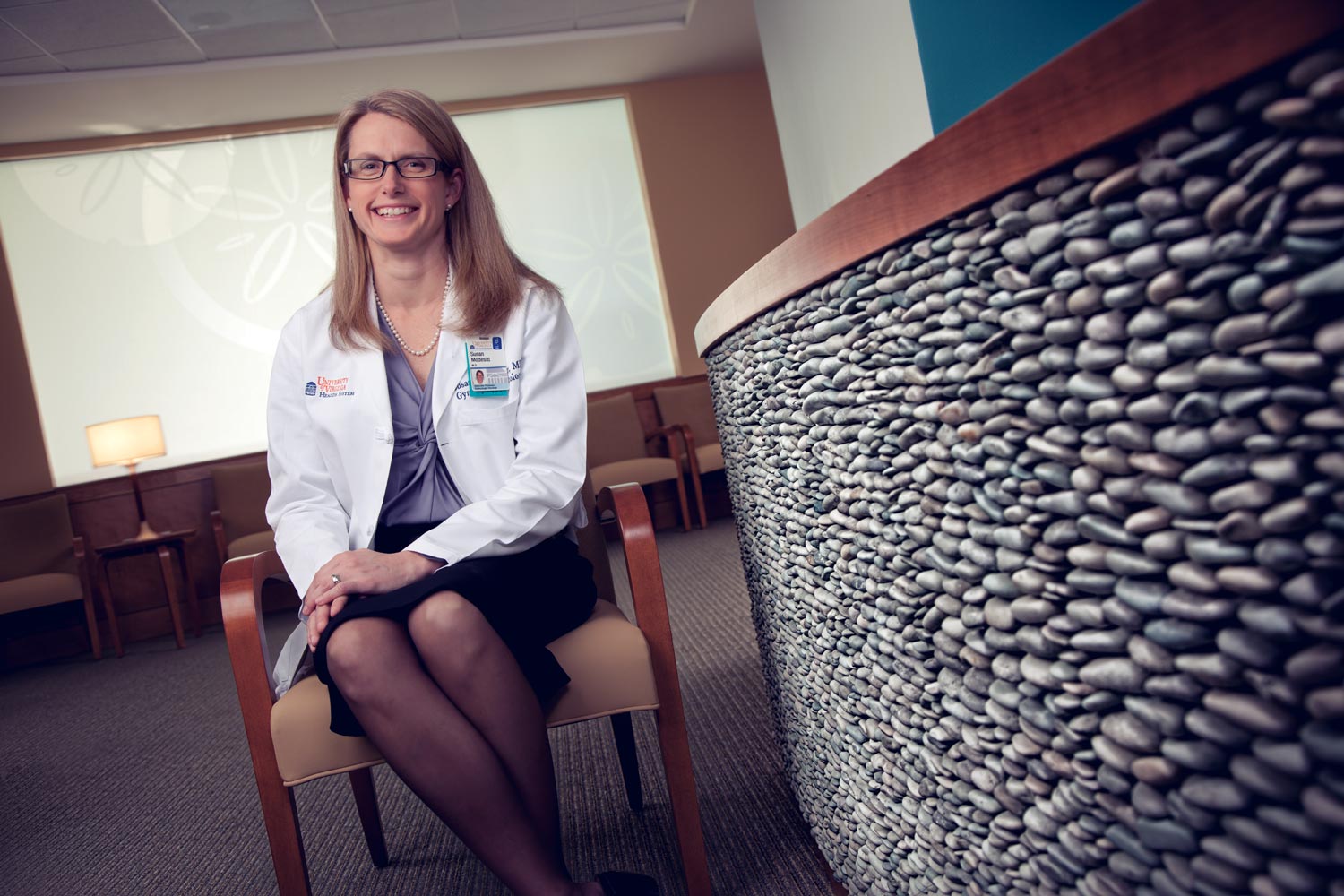The University of Virginia Cancer Center has joined the other 69 National Cancer Institute-designated cancer centers in endorsing a goal of eliminating human papillomavirus-related cancers through vaccinations and screenings to treat cervical pre-cancers.
Although an effective and safe HPV vaccine is available that prevents a large majority of the HPV infections that cause cancer, HPV vaccination rates remain well below the national goal of 80 percent. According to the federal Centers for Disease Control and Prevention, just 49.5 percent of girls and 37.5 percent of boys ages 13 to 17 were up-to-date with their HPV vaccinations in 2016.
“For the past decade, medicine has had the ability to eradicate future cervical cancers (and markedly decrease other HPV-related cancers) with a combination of prevention via HPV vaccination and cancer screening, yet that dream has yet to be fully realized,” said Dr. Susan Modesitt, a gynecologic oncologist at UVA Cancer Center. “As a medical community, we have the responsibility to forcefully advocate for HPV vaccination and educate all of our patients (as well as the physicians caring for them) about the benefits so that cervical cancer could become a disease of the past, like polio or smallpox.”
According to the joint statement from the 70 NCI-designated cancer centers, about 12,000 cases of cervical cancers and nearly 40,000 cases of other HPV-related cancers are diagnosed annually.
The full joint statement can be found on the American Cancer Society’s HPV website.
Media Contact
Article Information
June 7, 2018
/content/uva-other-top-cancer-centers-endorse-steps-eliminate-hpv-related-cancers

